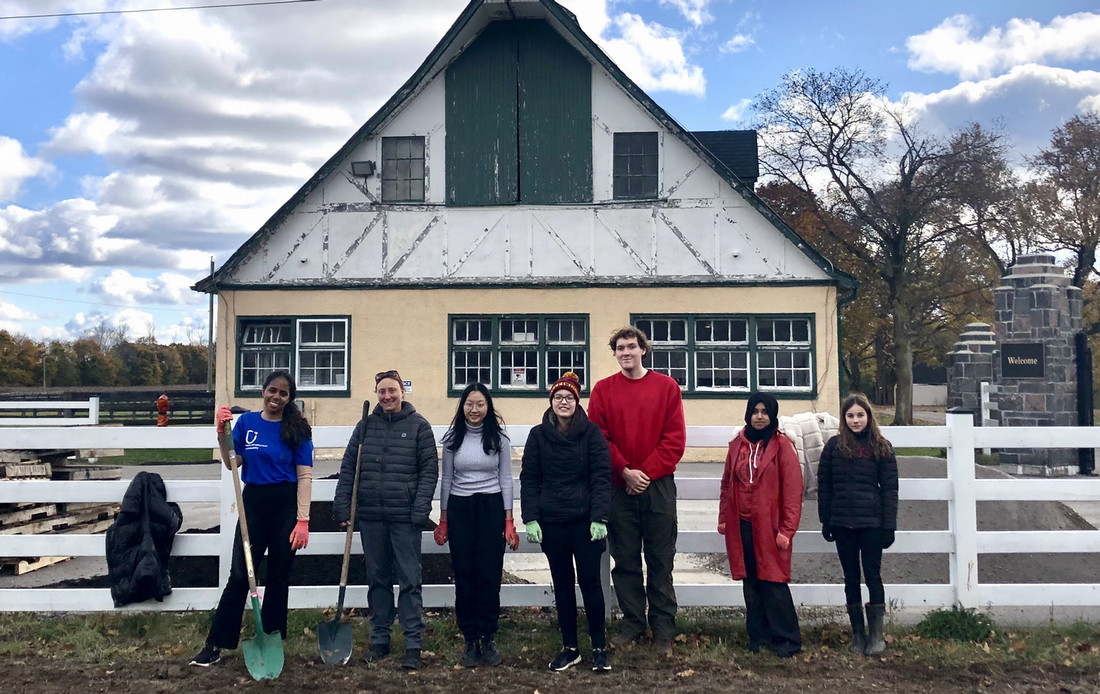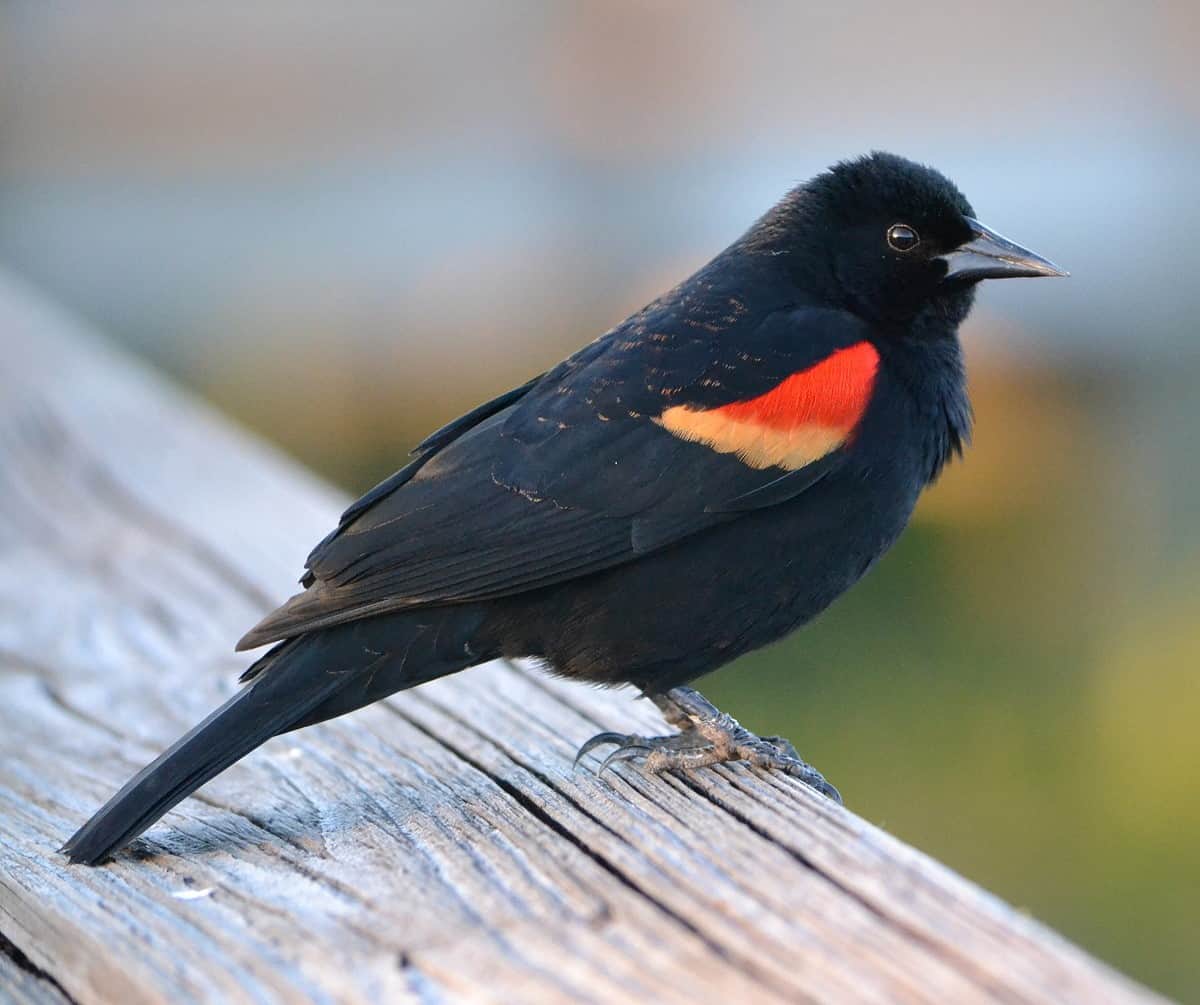Get Involved
Get Involved
-
Sustainability Champions

Sustainability Champions are campus leaders who provide and develop sustainability initiatives at the university. These students work collaboratively with the Office of Campus Infrastructure and Sustainability (OCIS) to bring sustainable project ideas to life through the use of social media, engagement events and workshops.
OCIS supports Sustainability Champions through training, resource connections, mentorship and institutional support.
Time commitment
This position runs from September to April. During this time, Sustainability Champions will:
- Attend monthly Sustainability Ambassador meetings to brainstorm, plan, and learn about upcoming sustainability events and initiatives.
- Attend sustainability events as a volunteer to help promote sustainability initiatives.
- Complete Leadership Foundations training. If you have already completed Leadership Foundations or Ambassador Level 1 training, you do not need to complete this again.
- Lead or participate in a sustainability project (can create your own or join existing ones such as Biodiversity Inventory, Pollinator Project, Fair Trade Campus, Climate Cafe etc.).
- Write sustainability-themed blog posts.
Why become a Sustainability Champion?
- Earn volunteer hours that can be used to apply for a WWF Living Planet Leader Certificate.
- Gain an understanding of community and campus sustainability.
- Gain skills such as leadership, project management, and event organization which will help you become a career-ready citizen.
- Mobilize students, staff, faculty and the community to take action on environmental issues.
- Opportunity to visit the Windfields Farm and meet faculty, staff and students.
- Receive recognition as a sustainability leader on campus.
- Receive recognition for your involvement on the Student Experience Record.
Responsibilities
- Act as representatives of the Office of Campus Infrastructure and Sustainability.
- Collaborate with other university departments and student clubs to build community.
- Work as a part of a team to plan sustainability campaigns, events, and projects.
- Work independently to curate content for the Sustainability social channels and website—including but not limited to—blogs, interviews, stories, reels etc.
Desired skills and experience
- Effective project management skills with strong attention to detail.
- Experience creating digital content using applications such as Canva, Instagram. etc.
- Time management and self-motivation.
- Willingness to attend in-person sustainability events and promote them to the Ontario Tech community.
- Willingness to help others bring their sustainability ideas to life.
How do I get involved?
Applications are now closed. Check back in late 2025/early 2026 for applications for the 2026/2027 school year.
-
Bird Safe Campus

Collisions with windows are estimated to kill 25 million birds in Canada a year. With biodiversity loss threatening the wellbeing of the planet, the Office of Campus Infrastructure and Sustainability has decided to take action by tracking bird window collisions on campus with the hopes of eventually retrofitting high collision zones to be visible to birds.
Register to become a Bird Safe Campus volunteer to perform external surveys of campus buildings to collect essential data on bird-window collisions at Ontario Tech.More information for first-time volunteers will be shared at the virtual training session on Wednesday, August 20 10:30-11:30 (calendar invite to be sent out).Any questions or comments can be emailed to sustainability@ontariotechu.ca.Volunteer resource bank:
Cheat sheet for building survey information (includes contact for local wildlife centres)
Bird Window Collision Tracking Form
View most recent (Fall 2025) training video here.